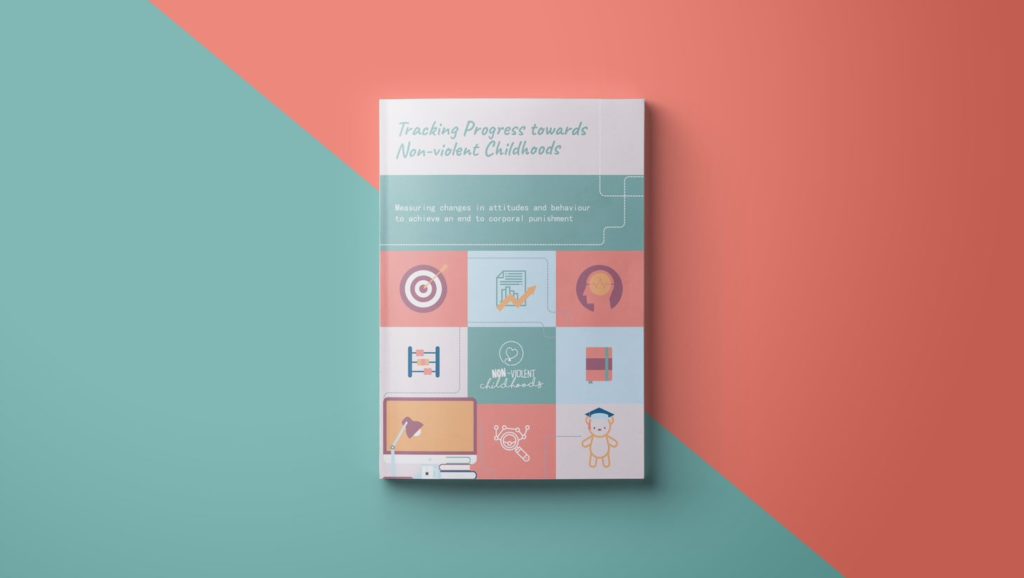
This guidance report is largely based on Swedish experiences, but also draws on international research in child maltreatment epidemiology. This report discusses some definitions of importance for maltreatment research, and explores difficulties and possibilities in child maltreatment epidemiology (tracking). It also highlights different research resources and specifically discusses population-based studies, which generally give us the most reliable data on the current maltreatment prevalence. It will also examine several specific topics concerning study validity and reliability. Finally, some cultural and ethical issues are considered, the latter of which is particularly important when performing studies involving children and adolescents as subjects.